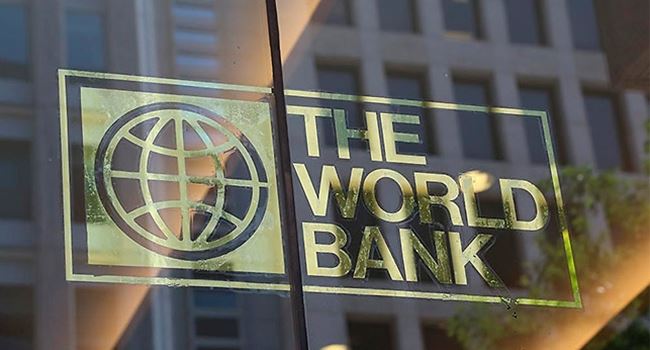News
World Bank blames Russia for food inflation, projects 574m global poverty population

The invasion of Ukraine by Russia has been factored in as one of the reasons the world is experiencing food inflation and food insecurity.
Recall that Russia had invaded Ukraine in February 2022, resulting to disruption of global food distribution, as both countries account for about 30 per cent of the world’s wheat.
They also contribute 60 per cent of the world’s sunflower oil, which is the third-most-traded seed oil after palm and soy. Russia and Ukraine also account for 20 per cent of the world’s corn.
Amid the war between Russia and Ukraine, Nigeria’s food inflation has gone up from 17.11 per cent in February 2022 (after dropping from 17.13 per cent in January) to 24.13 per cent in November 2022.
In its 2022 Year In Review, the World Bank said, “Food inflation and food insecurity rose significantly throughout the year, exacerbated by climate change and Russia’s invasion of Ukraine – contributing to higher food, fuel, and fertilizer prices.”
READ ALSO:World Bank echoes Peter Obi’s concern over debt servicing
Poverty rate to rise beyond World Bank projection
Also, in the report, the World Bank said its projection on poverty reduction will not be met, as the global goal was to reduce extreme poverty to 3% of the world’s population by 2030, but 7 per cent will now struggle with poverty eight years from now.
According to the World Bank, by the end of 2022, as many as 685 million people could be living in extreme poverty.
“The COVID-19 pandemic dealt the largest setback to global poverty reduction efforts in decades, and the recovery has been highly uneven.
“By the end of 2022, as many as 685 million people could be living in extreme poverty — making 2022 the second-worst year for poverty reduction in the past two decades (after 2020).
“In addition to the lingering effects of the pandemic, rising food and energy prices—fueled by climate shocks and conflicts such as the war in Ukraine—have hindered a swift recovery.
“It is now projected that 7% of the world’s population—roughly 574 million people—will still struggle in extreme poverty in 2030 — far short of the global goal of 3% in 2030,” the World Bank report reads.
Join the conversation
Support Ripples Nigeria, hold up solutions journalism
Balanced, fearless journalism driven by data comes at huge financial costs.
As a media platform, we hold leadership accountable and will not trade the right to press freedom and free speech for a piece of cake.
If you like what we do, and are ready to uphold solutions journalism, kindly donate to the Ripples Nigeria cause.
Your support would help to ensure that citizens and institutions continue to have free access to credible and reliable information for societal development.






















